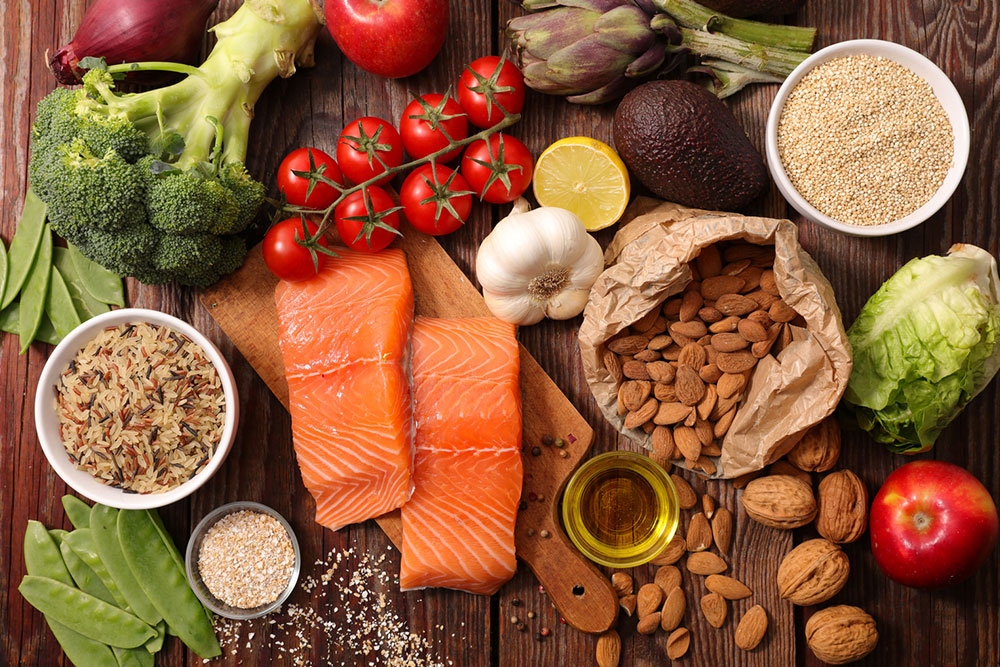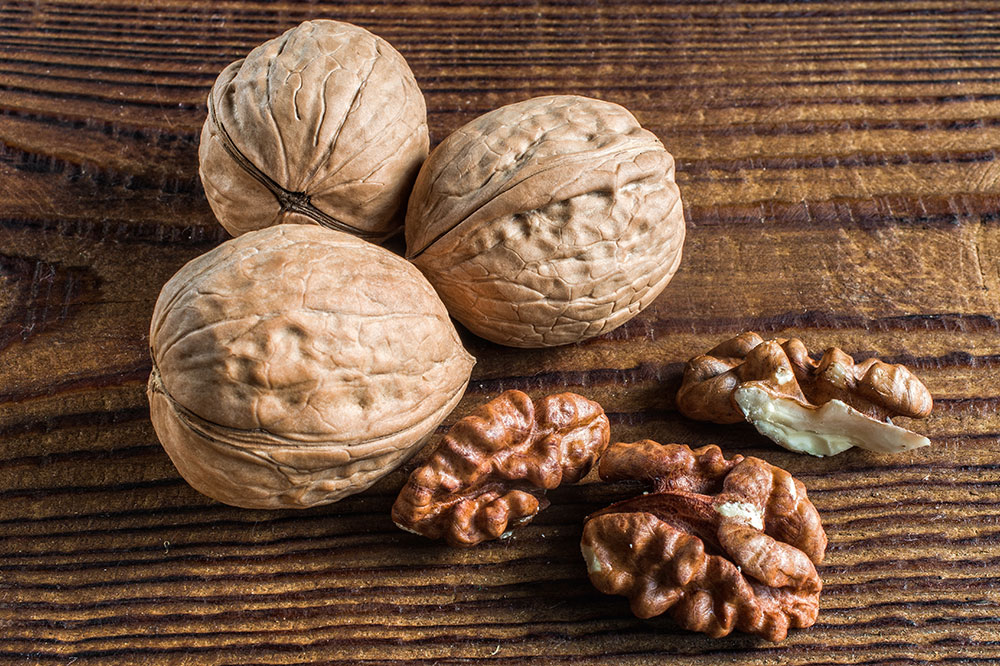Nutritional Strategies to Support Mental Well-Being During Depression
Learn how diet influences mental health and discover key foods that can help manage depression symptoms. Incorporate antioxidant-rich fruits and vegetables, healthy proteins, and complex carbs for better mood and energy. Reducing caffeine and sugar is also beneficial for improving sleep and overall well-being.
Sponsored

Foods That Aid in Managing Depression
Depression is a complex mental health condition affecting mood, thoughts, actions, and emotions due to factors like genetics, biochemistry, personality, and environment. While it can be treated with medication and therapy, lifestyle and dietary modifications can significantly assist in managing symptoms. Proper nutrition influences mood, energy, and motivation. A balanced diet rich in essential nutrients can support mental health and help alleviate depression symptoms.
Although no specific diet cures depression, certain foods can improve mental well-being and overall health. Including foods rich in antioxidants, vitamins, and healthy fats may reduce cellular damage caused by free radicals and boost mood. A mindful approach to carbohydrate and protein intake supports serotonin production and cognitive clarity. Additionally, limiting caffeine and sugary foods can improve sleep quality, essential for recovery.
Foods containing beta carotene include sweet potatoes, broccoli, cantaloupe, apricots, spinach, carrots, pumpkin, peaches, and collards. Vitamin C-rich foods such as tomatoes, blueberries, peppers, potatoes, kiwi, strawberries, oranges, and grapefruits support immune health. Vitamin E sources like seeds, nuts, wheat germ, and vegetable oils also contribute to antioxidant defenses. Choosing complex carbohydrates from whole grains, legumes, fruits, and vegetables can positively influence serotonin levels, enhancing mood and energy.
Consuming protein-rich foods like tuna, chicken, turkey, beans, yogurt, soy, fish, and low-fat dairy provides tryptophan, a precursor to serotonin, aiding in mood regulation and mental clarity. It is advisable to eat balanced meals regularly, especially when seeking mental focus and energy. Limiting caffeine intake helps mitigate anxiety and promotes better sleep, which is vital for depression recovery.






